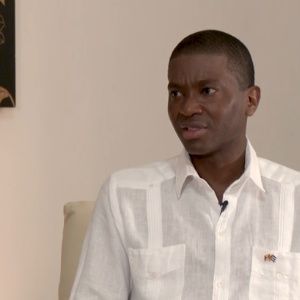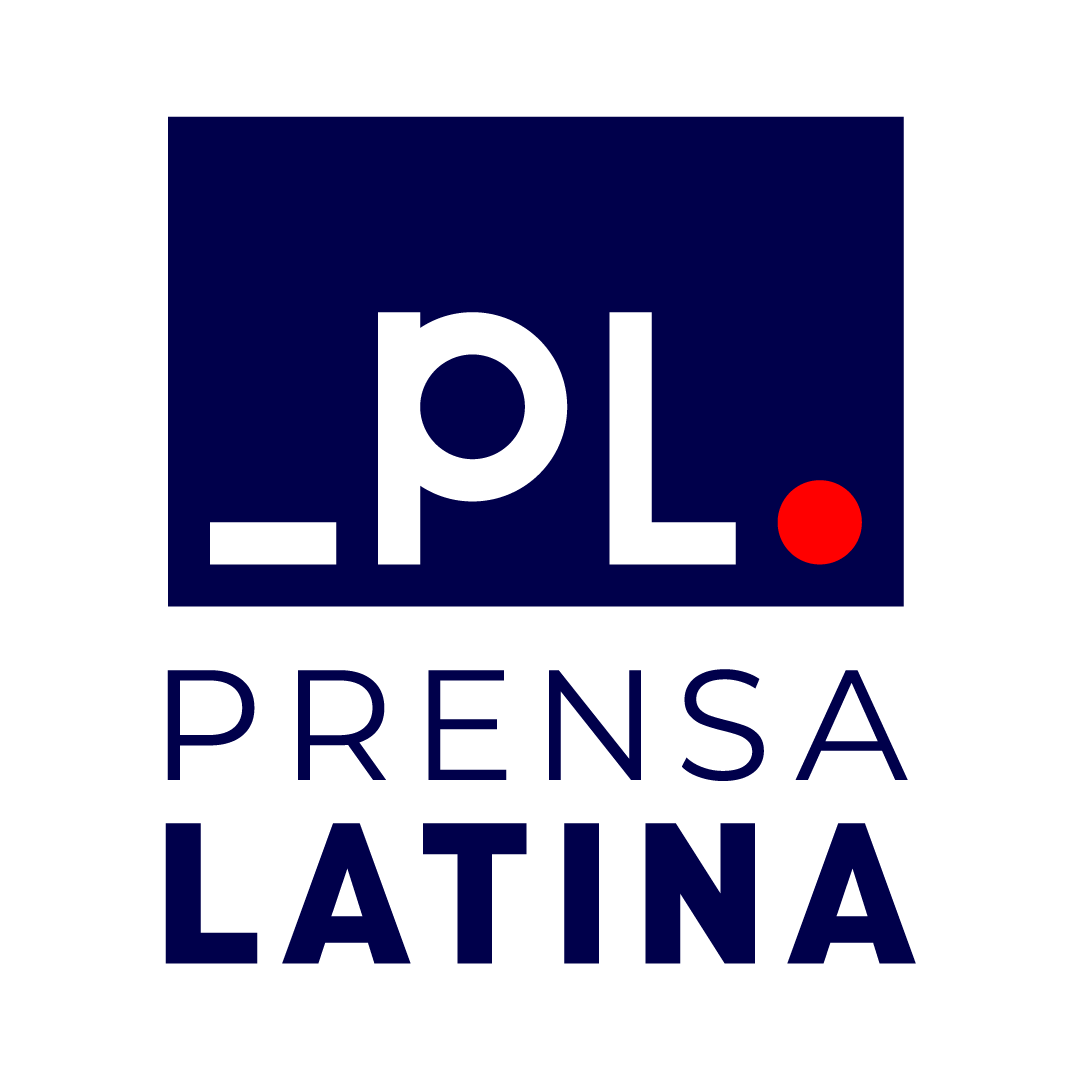


Cuba's socialist revolution, led by Fidel Castro, has been characterized by a strong emphasis on social solidarity and equality for all citizens. This commitment to social justice was evident from the very beginning of the revolution, which triumphed on January 1, 1959. The new leadership faced the responsibility of addressing the needs of the Cuban people, particularly those affected by the previous regime of Fulgencio Batista. One notable figure during this period was Teté Puebla, who became a brigadier general and managed the Department of Assistance to War Victims starting February 4, 1959. Puebla's work was guided by the slogan, 'In the face of pain, the homeland makes no distinction,' reflecting the revolution's dedication to caring for all victims of Batista's oppressive rule, including the families of those deemed traitors [c4285578].
The revolution also prioritized education and social welfare, establishing schools and foster homes for orphans, many of which were named after revolutionary martyrs. Furthermore, the government provided pensions for the widows of Batista's soldiers, showcasing its commitment to humanity and love for fellow human beings as core principles of the revolution. The educational initiatives included programs specifically designed to empower peasant women, such as the Ana Betancourt school in Havana, which opened in 1960 [c4285578].
In recent developments, Cuba continues to navigate complex economic challenges exacerbated by the US blockade, which has significantly impacted its ability to provide for its citizens. The Cuban government has sought assistance from international organizations, including the UN World Food Program, to address food shortages, particularly for vulnerable populations like children and the elderly [37184046].
Additionally, a Spanish solidarity group, the Alhucema Association of Solidarity Initiatives in Seville, has been active in providing aid to Cuba. They recently delivered medical supplies and powdered milk, raising funds through community efforts. Their goal is to alleviate the impact of the American blockade on the population, particularly focusing on the needs of children and the elderly [628ca188].
Cuban Foreign Minister Bruno Rodríguez has reiterated the country's commitment to building respectful relationships with other nations, emphasizing the importance of international solidarity in overcoming the challenges posed by economic sanctions and the global economic crisis [115d5e1c]. The ongoing support from international solidarity groups and the Cuban government's initiatives reflect the enduring spirit of the revolution, rooted in social solidarity and a commitment to the welfare of all Cubans [c4285578].